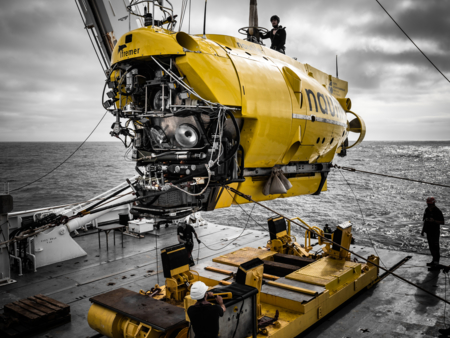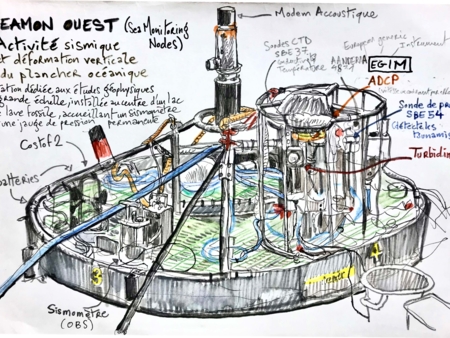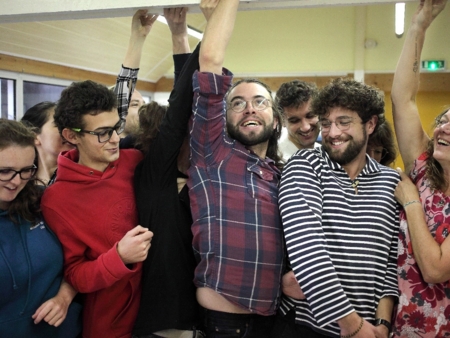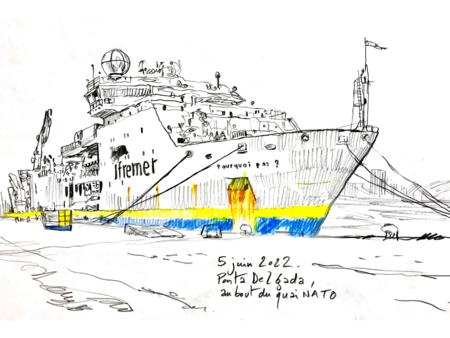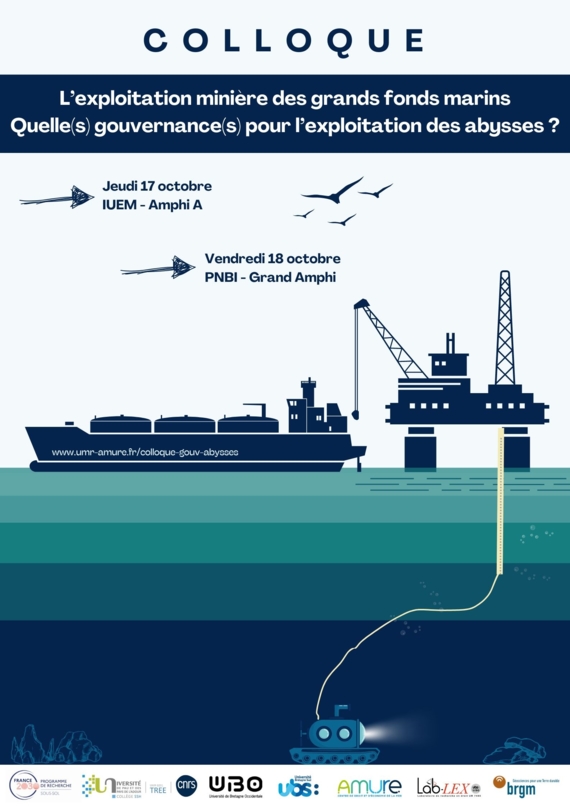Conference in Brest on October 18, 2024
The deep seabed is an inaccessible area, still largely unknown to scientists. Numerous studies underline the existence of considerable resources in these abysses, rich in strategic metal ores and hydrocarbons. Under the 1982 United Nations Convention on the Law of the Sea, resources located beyond the limits of national jurisdiction (in an area known as “the Area”) are the common heritage of mankind. The creation of this status was intended to prevent the most technologically advanced states from colonizing the seabed and monopolizing these resources.
The commercial exploitation of deep-sea mineral resources is currently attracting renewed interest from governments and the private sector alike, and is thus becoming an increasingly central issue in the mining sector. Beyond the economic interest of these resources, the appeal of the deep seabed is growing in a context of green and energy transition. At the same time, concerns are being expressed. These industrial activities are developing despite a lack of knowledge about deep-sea ecosystems and the functioning of marine biodiversity. Different public positions and strategies are also beginning to emerge on a global scale. Some countries, such as France, are advocating a moratorium, while others, like Norway and China, support a policy of deep-sea mining. In this context, the international regulatory framework provided by the International Seabed Authority will undoubtedly have to evolve.
These study days will bring together a panel of experts, including lawyers, economists, geopolitical specialists, anthropologists and oceanographers, representatives of national and international public authorities, and institutional representatives (IAMF). In an interdisciplinary approach, each of the days will be devoted to analysis and dialogue between participants on the critical examination of deep-sea mining issues, forms of regulation and national, European and international strategies deployed for deep-sea mining.

